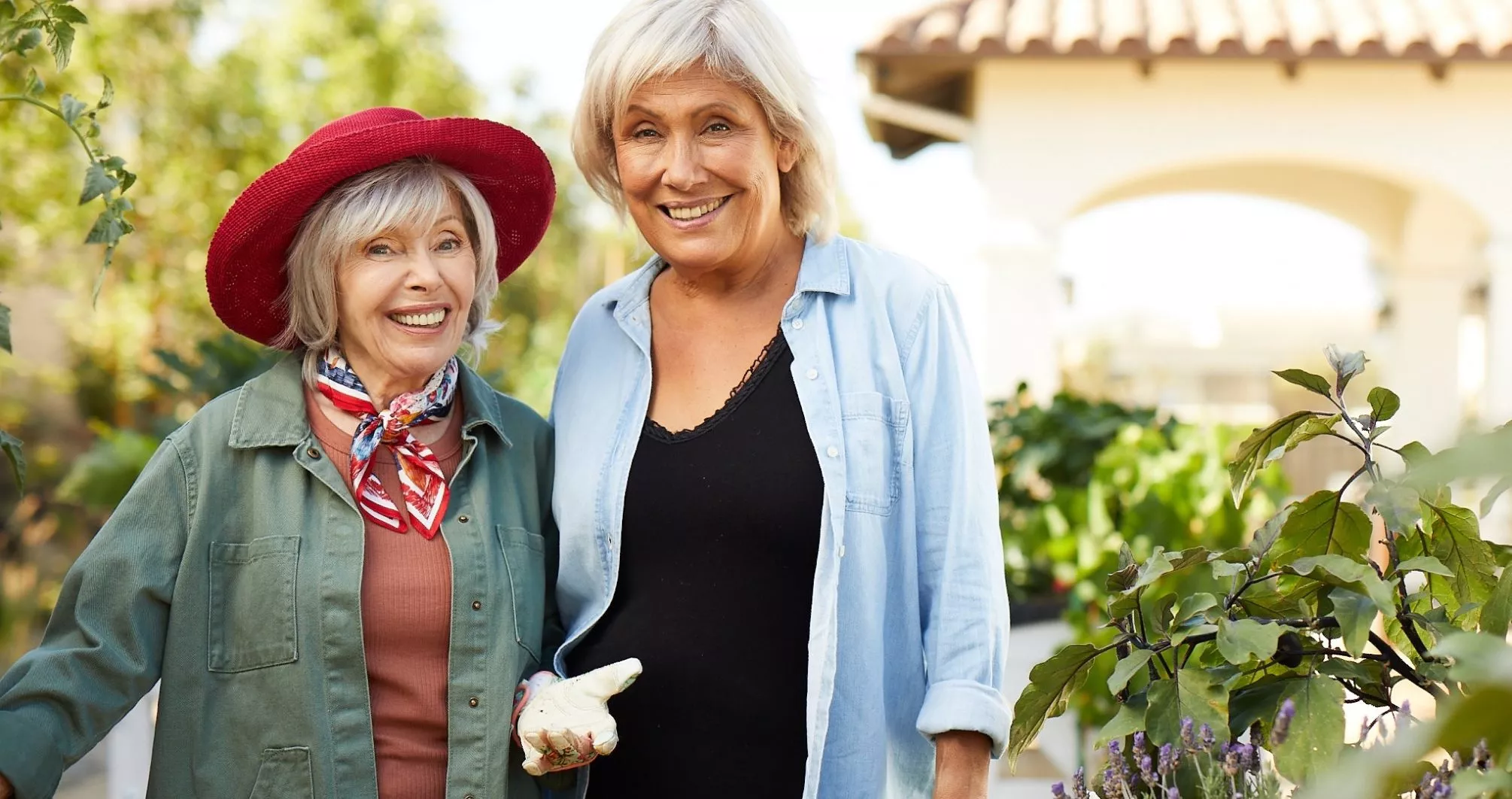Dementia care is challenging in the best of times. How do we cope when the new normal is “dementia care at a distance?”
In general, the recipe for excellent care is to keep the person living with dementia as healthy as possible, while at the same time surrounding him or her with friendship and meaningful activity. Socialization, in many ways, becomes the treatment for dementia, reduces dementia-related behavior, and helps the person feel safe, secure and valued.
I call it, “being a best friend” to the person with dementia.
Here are some best practices followed by the talented and caring staff at Oakmont (even during this time of a pandemic) and ones you can also embrace:
Use information from the person’s Life Story throughout the day to foster connections and trust: If a resident at Oakmont grew up in New Orleans, team members know and use this information to offer him some hot sauce with his meals and play some jazz for him in his room. When you are communicating with your family member (even by Zoom) bring up past successes and favorite subjects, “Dad, I can’t believe you won the Teacher of the Year Award five different times. You are really a hero!”
Show your emotions: As words fail, the person with dementia becomes more sensitive to emotions. Oakmont’s team members working in memory care smile, offer compliments, and naturally demonstrate warmth and affection. When you are talking with your family member, do the same! To paraphrase Maya Angelou, “people will never remember what you said or did but will always remember how you made them feel.”
Practice artful communication: Sadly, the language centers of the brain are typically damaged with the progress of dementia. Oakmont’s team members learn to slow down, listen, provide clues and cues, and not argue or correct. As a family care partner, it helps to learn some of these best practices. Download a handout with some communication recommendations (PDF) – This link opens in a new browser tab..
Do things together: With the COVID-19, reality has brought back the importance of one-on-one conversation and creative engagement. When you are talking with your family member, sing some favorite songs, or play some word games like “opposites.” Salt and (pepper). Up and (down). List the ingredients of a favorite family recipe (help me figure out my shopping list for your veggie lasagna (tomatoes, garlic, onion, etc.). Create a list of countries your family member has visited. It’s amazing how many talents remain, particularly with an activity that’s in the moment!
Let’s hope we can get to a better place soon and replace those virtual hugs with real ones.




